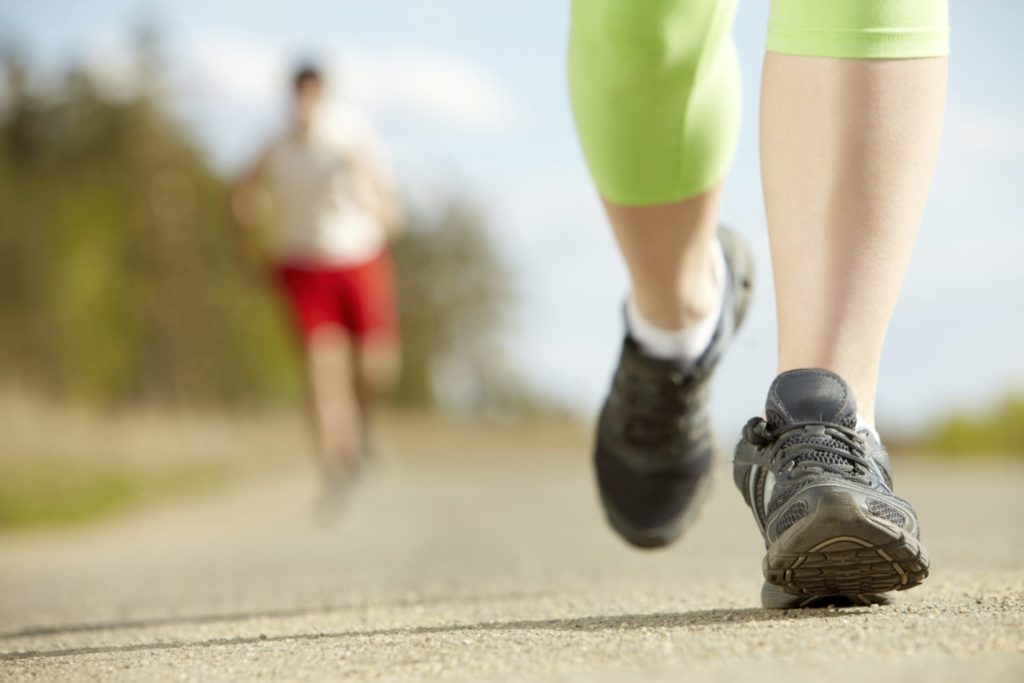Aerobic exercise may provide more than just physical benefit to drinkers. A recent study, published in September, shows that exercise may also help mitigate the damaging effects of alcohol on a drinker’s brain. Scientists have known for years that alcohol causes vital tissues in the brain to deteriorate, leading to a host of cognitive issues. If the study’s conclusion proves accurate though, it can mean good news for drinkers of all ages who wish to retain and improve their mental performance.
The Alcohol-Exercise Study
Researchers at the University of Colorado set out to study data obtained from 60 participants aged 21 to 55. Each was asked about his or her alcohol and nicotine use, had his or her brain scanned, and questioned on his or her aerobic exercise habits. The study participants drank an average of just over two alcoholic beverages a day and exercised for about an hour and a half each week. A handful of study participants showed signs of alcoholism, while others abstained from drinking. The results revealed what the study authors expected — the heavy drinkers who exercised regularly consistently showed more white matter in the brain than heavy drinkers who led a sedentary lifestyle. Study authors state that their results are still preliminary, and that while a correlation between exercise and improved mental performance among drinkers is apparent, a direct cause and effect relationship is not yet established. More studies are needed to fully understand the mechanism behind exercise’s effect on a brain damaged by alcohol.
How Exercise Works on an Alcohol-Damaged Brain
Alcohol acts on the brain in a similar way that normal aging does. Like aging, it causes white matter, the tissue that helps relay information between different areas of the brain, to deteriorate. This leads to impaired learning, memory function and cognition. If the damage continues, drinking can even lead to dementia. The link between exercise and improved mental performance in the elderly has already been well-established, so scientists hypothesize that exercise affects brains damaged by alcohol in a similar way. Whether exercise helps prevent damage or actually repairs damage already done, however, remains unclear. Hopefully, additional studies will help identify the amount and type of exercise needed to protect, or heal, a brain from alcohol’s damaging effects.
Neil’s Story
Ever since his late teens, Neil, a cycling enthusiast, was a heavy drinker. “I’d go through phases,” he recalls, “but I always had at least a drink or two after work. Sometimes many more.” Like most alcoholics, he quickly realized that drinking was interfering with his quality of life, ranging from arriving to work late due to hangovers to strained family relationships. His mental and physical health, however, remained normal, a fact that he attributes to his love for cycling and running. Being so healthy, unfortunately, also kept him in denial, and it was many years before he admitted to having a drinking problem. That was seven years ago. Now, Neil is bracing himself for another challenge: knee replacement surgery to fix an old injury that had never completely healed. His knees may never be the same, but one thing’s for sure: Neil’s mind is as sharp as ever, despite decades of alcohol abuse. When asked whether he’ll try to keep exercising after recovery, Neil states that there’s no doubt. Even if running and cycling are out of the question, he’ll just try something else. “Maybe I’ll take up swimming,” he says with a shrug. If the link between an alcoholic’s brain health and exercise exists, both Neil’s body and his mind will be better off for it, no matter what kind of exercise he chooses.

